 |
| November 19, 2020 |
Dear Reader,
Although no mode of public transportation is completely safe during the pandemic, there are some concrete ways to reduce risk. Our lead story features a guide to help you assess your safety on an airplane, train, bus or shared car. We also have a story that explains how a COVID vaccine could be widely distributed. Next, scientists are mourning the loss of one of astronomy's most renowned telescopes. The 305-meter-wide radio telescope at Arecibo, Puerto Rico is permanently closing. And lastly, new research suggests that winter drownings increase with rising winter temperatures. The warmer the air, the more likely it is that someone will fall through an unstable sheet of ice. |
| | Sunya Bhutta, Senior Editor, Audience Engagement
@sunyaaa | |
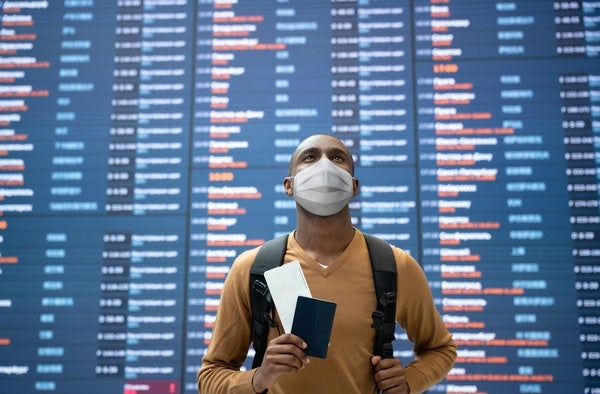 |
| |
| |
| |
| |
| |
| |
| |
| |
| Medicine The Antibiotic Gamble Paratek Pharmaceuticals made a life-saving drug and got it approved. So why is the company's long-term survival still in question? | | By Maryn McKenna,Nature magazine | | | |
| |
FROM THE STORE
 | | Scientific American Print & Full Archive For $99 per year, your Print & Full Archive subscription includes 12 print and digital issues with full digital archive access back to 1845 and Android and iOS app access. |  | | |
| |
LATEST ISSUES
 |
| |
| Questions? Comments?  | |
| Download the Scientific American App |
| |
| |



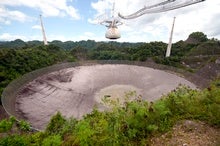



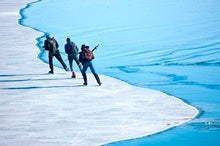
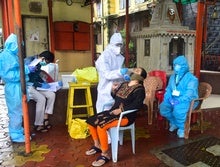
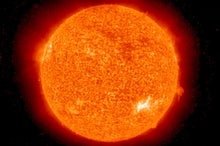


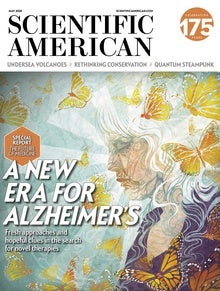



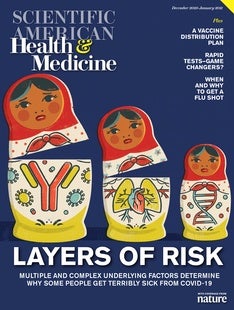

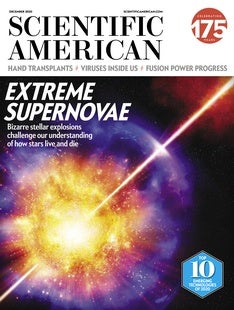
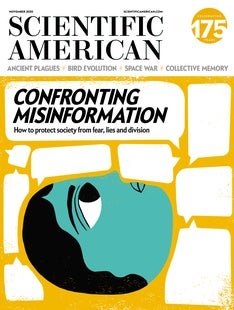
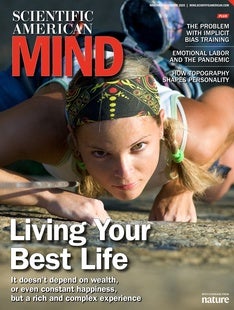



Comments
Post a Comment